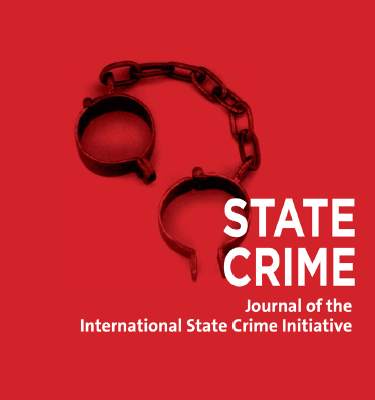State suppression of human rights activism and civil society restrictions will hinder Indigenous languages from being “preserved, revitalized and promoted”
22 Feb 2024

In 2019, the United Nations announced its intention to hold an International Decade of Indigenous Languages starting in 2022, in order to “preserve, revitalize, and promote” Indigenous languages (UNESCO 2021). They have since promoted plans for the Decade that encourage the active participation of Indigenous people in human rights activism to achieve these goals. In the years that have followed this announcement, the three most populous and linguistically diverse countries in Asia—China, India, and Indonesia—have witnessed intensifying crackdowns on civil society and attacks on human rights defenders. These are taking place in contexts where Indigenous rights are not substantively recognized, and in which linguistic diversity has long been under attack by assimilatory states.
This article discusses how state suppression of human rights activism and restrictions on civil society are likely to impact the implementation of the United Nations’ International Decade of Indigenous Languages (2022–2032). We focus on China, India, and Indonesia, the three most populous and linguistically diverse countries in Asia. Drawing on a range of reports from human rights organizations and materials from academic literature, we argue that increasing attacks on human rights defenders and restrictions on civil society are likely to pose serious challenges to the implementation of the Decade in these countries. We argue that this conjuncture of increased state oppression and the promotion of transnational Indigenous rights activism by the UN, is setting up Indigenous people in these countries for failure, if not something much worse. The unjust, and worsening, status quo must be radically altered in order for Indigenous languages to be “preserved, revitalized, and promoted”. We situate this argument within broader debates about human rights advocacy and state repression, and draw on Guzel Yusupova’s arguments about the politics of fear and minority language mobilization to suggest that intensifying state repression of human rights is likely to prevent new forms of Indigenous language advocacy from emerging during the Decade.
Authors: Gerald Roche (La Trobe University), Madoka Hammine (Meio University), Jesus Federico C. Hernandez (Department of Linguistics, College of Social Sciences and Philosophy, University of the Philippines Diliman) and Jess Kruk (University of Western Australia)
Read the full article: https://www.scienceopen.com/hosted-document?doi=10.13169/statecrime.12.1.0029
